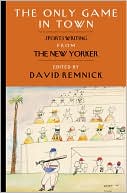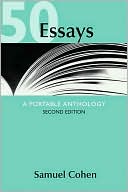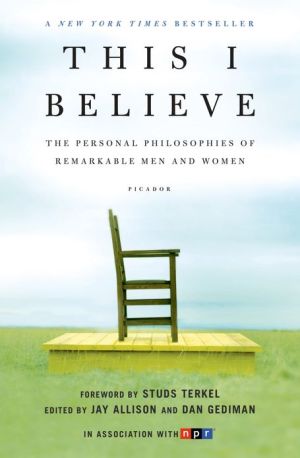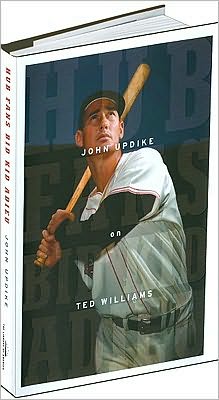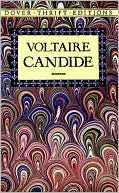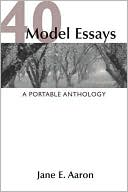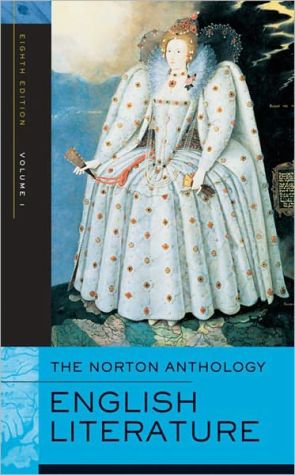The Only Game in Town: Sportswriting from The New Yorker
Search in google:
For more than eighty years, The New Yorker has been home to some of the toughest, wisest, funniest, and most moving sportswriting around. Featuring brilliant reportage and analysis, profound profiles of pros, and tributes to the amateur in all of us, The Only Game in Town is a classic collection from a magazine with a deep bench.Including such authors as Roger Angell and John Updike, both of them synonymous with New Yorker sportswriting, The Only Game in Town also features greats like John McPhee and Don DeLillo. Hall of Famer Ring Lardner is here, bemoaning the lowering of standards for baseball achievement—in 1930. A. J. Liebling inimitably portrays the 1955 Rocky Marciano–Archie Moore bout as “Ahab and Nemesis . . . man against history,” and John Cheever pens a story about a boy’s troubled relationship with his father and “The National Pastime.”From Tiger Woods to bullfighter Sidney Franklin, from the Chinese Olympics to the U.S. Open, the greatest plays and players, past and present, are all covered in The Only Game in Town. At The New Yorker, it’s not whether you win or lose—it’s how you write about the game.Publishers WeeklyDrawing from and expanding on spiritual themes and environmental concerns addressed in his 1995 book The Spell of the Sensuous, ecologist and philosopher (and practicing magician) Abram decries mankind’s treatment of, and callous disregard for, the world. Though his prose often veers into the opaque, the author’s message is clear: people are overly estranged from the land and increasingly incapable of acknowledging the symbiosis and reciprocity between their bodies and the earth. Travel across land by car or over land by air insulates man from the “enlivening pleasure” of contact with the world, a physical and emotional distance made worse by a vanishing oral culture of storytelling and a modern-day reliance on the Internet that short-circuits the link “between our senses and the sensuous earth.” Abram’s perception of the world as a living, breathing entity, where gravity is erotic, light has an audible quality, shadows possess volume and man ought to be “embedded carnally” with nature might be improbably abstract for many. But his poetic plea for awareness of the world’s needs will strike a resonant chord with most. (Aug.)
